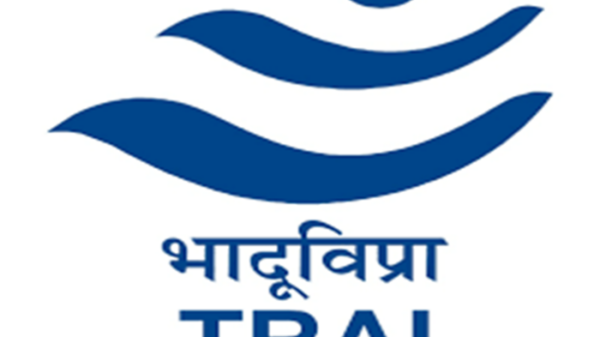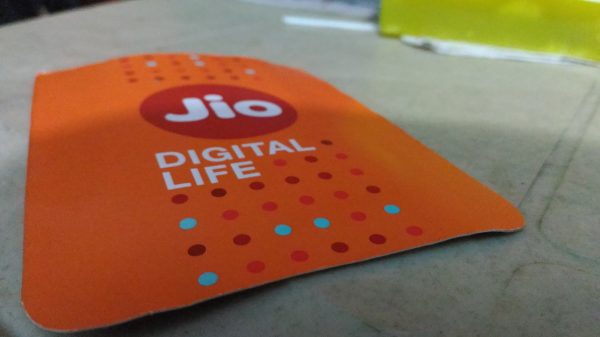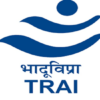Farmers in Uttar Pradesh will have to undergo a mandatory e-KYC process after the central government discovered that a yearly subsidy meant for marginalised farmers under the PM Kisan scheme was disseminated to over three lakh ineligible beneficiaries, according to a Times of India report. The Pradhan Mantri Kisan Samman Nidhi transfers annual subsidies of Rs 2,000, Rs 4,000 and Rs 6,000 to three separate categories of farmers who do not have any taxable income outside of agriculture. Earlier this year, the government had run verification checks on these bank accounts only to find out that over 3.15 lakh of them were taxpayers with an income of over Rs 2.5 lakh per year from non-agrarian sources. Income from agriculture is exempt from taxation, the report added. District magistrates around Uttar Pradesh reportedly initiated the recovery process following an order from state chief secretary Durga Shankar Mishra, who claimed to TOI that around Rs 200 crores might be recovered from such farmers. Across India, the PM-Kisan scheme is facing two problems at the same time: Ineligible farmers getting funds not meant for them and the funds not reaching enough eligible farmers. Earlier in April, the government asked all states to conduct a mandatory e-KYC of every farmer in India by May 31. But activists are concerned that it could lead to financial profiling, discriminatory policy implementation, personal data breach, and even identity theft. Personal data of lakhs of farmers stored in vulnerable silos An Assamese agriculture officer recently found herself locked out of…





























